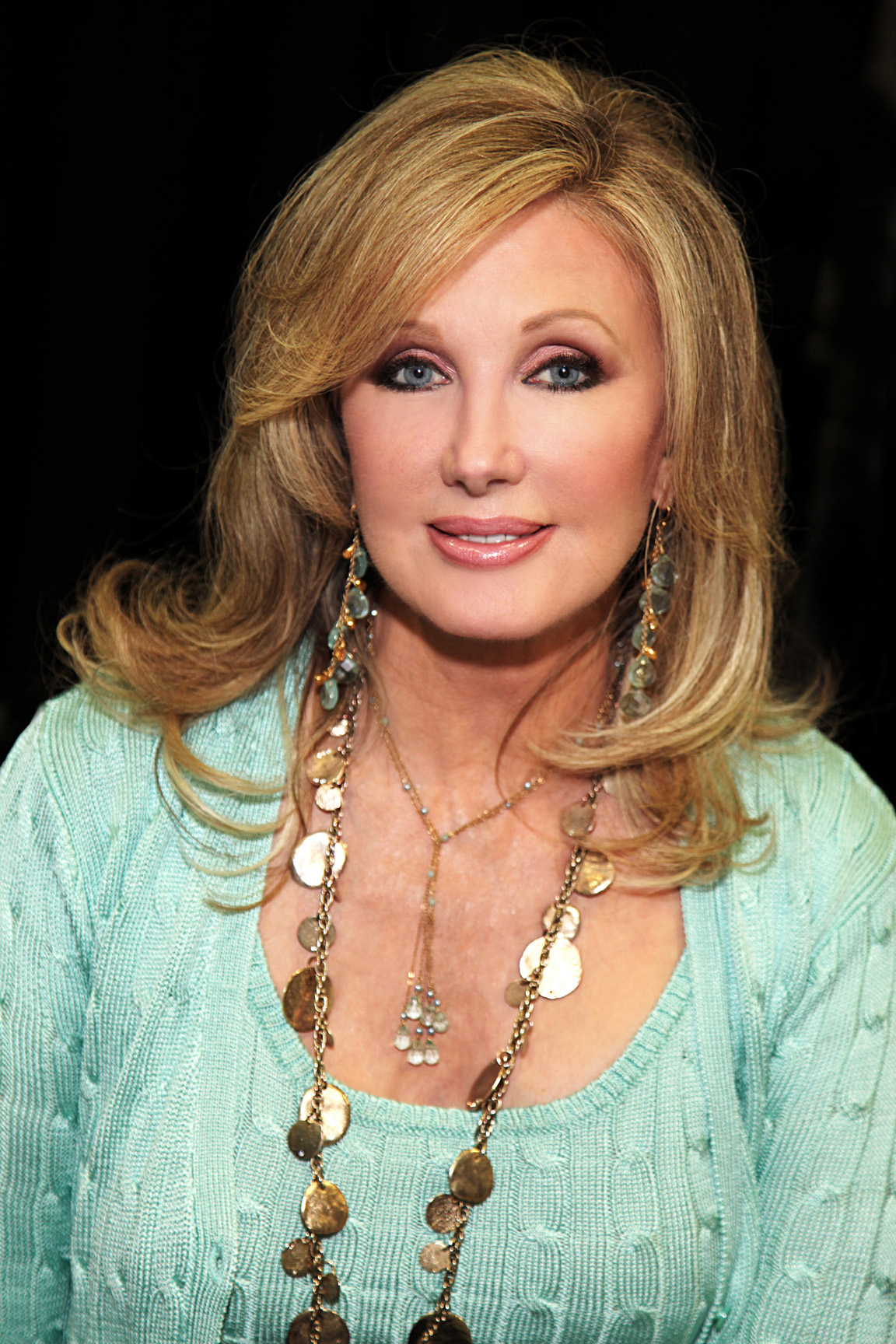Channel 4
Explore the comprehensive timeline of Channel 4, highlighting major milestones and key events that have shaped the British television channel since its launch in 1982.
Channel 4 Launches
Channel 4, a British free-to-air public-service television network, was launched on 2 November 1982. It was created by an Act of Parliament and has a remit to provide diverse and innovative programming. Initially, Channel 4 did not produce its own programs but commissioned them from independent producers. Over time, Channel 4 became known for its distinctive series and shows that often tackled controversial and groundbreaking topics.
Channel 4 Moves to Ad Sales
In 1993, Channel 4 took over the sale of its own advertising, a major shift from its initial arrangement since its inception. Before this, the advertising sales were handled by the larger ITV network. This change allowed Channel 4 to retain a greater share of its advertising revenue which it could then reinvest into producing and commissioning innovative programming, aiding its financial independence.
Creation of Film4 Channel
Film4 Productions was responsible for producing some of the most successful films in British cinema. In 2001, Channel 4 launched the dedicated digital television channel Film4, focusing on broadcasting feature films. Film4, available initially via subscription, became free-to-air in 2006, further amplifying its audience and impact on British cinema by showcasing a range of films including indie, arthouse, British cinema, and international films.
Channel 4 Starts High Definition Broadcasting
In October 2005, Channel 4 began broadcasting in high definition (HD), initially on a trial basis. This advancement marked Channel 4's commitment to evolving with the latest broadcast technology, offering viewers improved picture quality and setting the stage for future on-demand and digital services. The HD trial eventually led to Channel 4 HD's full launch in December 2007, making its programming even more visually engaging.
Full Launch of Channel 4 HD
Channel 4 officially launched its high-definition simulcast channel, Channel 4 HD, on December 3, 2007. Channel 4 HD became available on cable and satellite platforms, significantly enhancing the viewing experience with crisp images and vibrant color, aligning with the network’s drive to offer cutting-edge broadcasting technology to its viewers. The launch was a significant step in Channel 4's digital television evolution.
Launch of 4oD On Demand Service
In 2010, Channel 4 launched its video-on-demand service, 4oD (now known as All 4), marking a major step in adapting to changing consumer habits where audiences sought more flexible viewing options. 4oD provided access to a digital library of Channel 4 content, allowing viewers to watch shows on-demand via the internet, significantly enhancing accessibility and cementing Channel 4's innovative presence in the digital landscape.
Channel 4 Becomes Non-Profit Publisher-Broadcaster
Channel 4 transitioned to become a not-for-profit publisher-broadcaster following strategic changes in its operational model that helped maintain its public-service mandate while ensuring financial viability. By operating without making a profit, all revenues could be reinvested back into commissioning and producing new content, thereby strengthening its position as a catalyst for innovation and diversity in broadcasting.
Relocation of Channel 4 to Leeds
The government approved plans for Channel 4 to move a major section of its operations from London to Leeds. This relocation, officially confirmed in June 2016, was part of a strategy to reduce broadcasting centralization in the UK and stimulate economic growth in regions outside London. The move aimed to invigorate regional production capabilities and give northern voices increased representation in the media industry.
Opening of National HQ in Leeds
Channel 4 opened its new national headquarters in Leeds on 31 October 2018. This move represented a significant change in Channel 4’s operational infrastructure and a commitment to engage with audiences and produce content outside of London. The headquarters in Leeds serves as a creative hub, offering opportunities for regional talent and increasing the diversity of voices in Channel 4’s programming.
Response to COVID-19 Pandemic
During the COVID-19 pandemic in 2020, Channel 4 undertook a series of operational changes to address the challenges posed by the global crisis. These included the suspension of some productions, shifts toward remote production workflows, and the launch of new programming designed to inform and entertain viewers during challenging times. Channel 4 also focused on financial strategies to mitigate the economic impact of the pandemic.
Frequently asked questions about Channel 4
Discover commonly asked questions regarding Channel 4. If there are any questions we may have overlooked, please let us know.
How did Channel 4 differ from other UK channels at its launch?
Has Channel 4 always been publicly owned?
When was Channel 4 launched?
What was the first program aired on Channel 4?
Related timelines
More timelines connected to Channel 4







